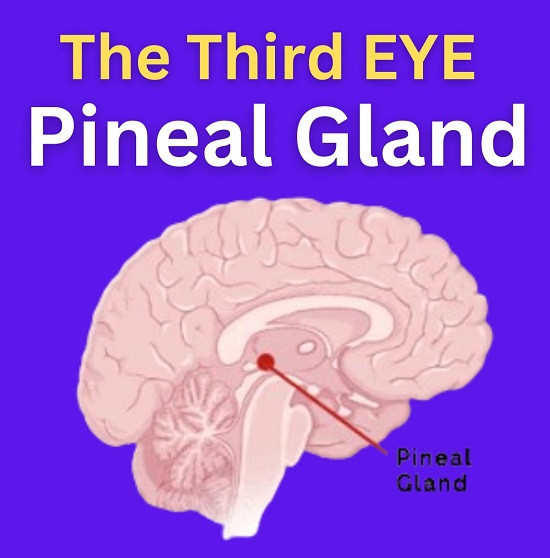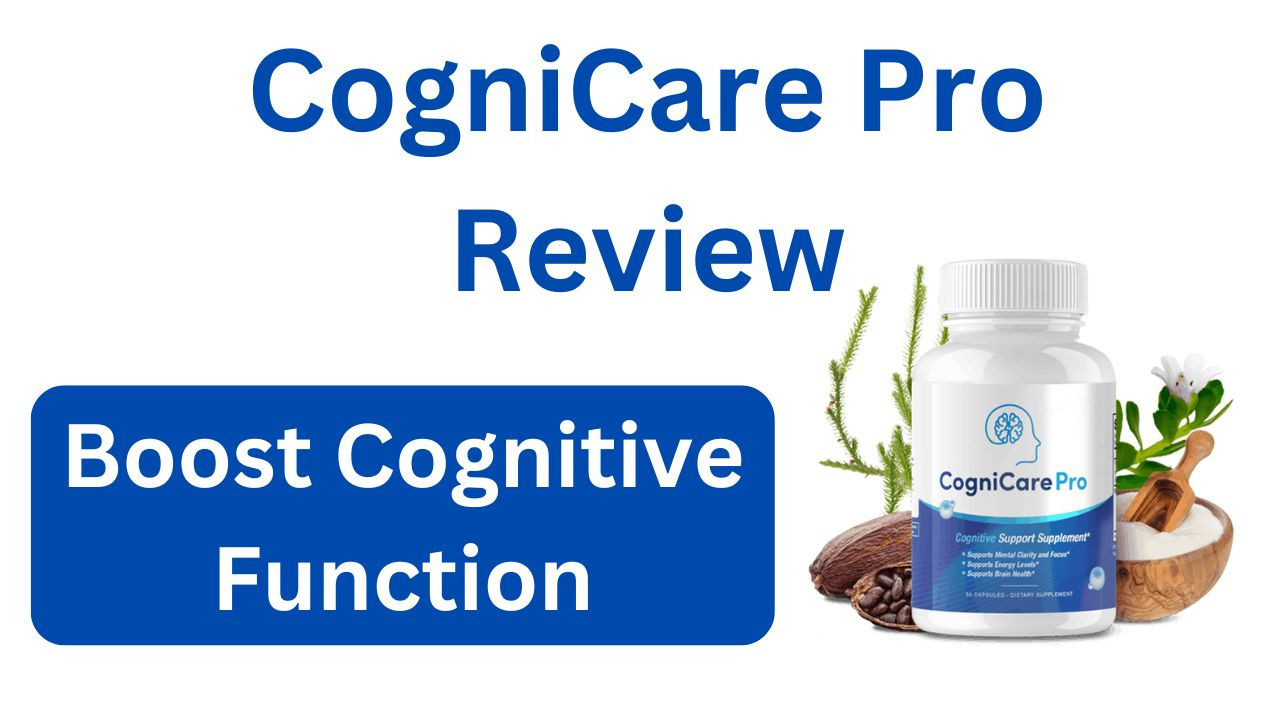What is Dizziness?
Dizziness is not a disease but a symptom of various conditions. It can be broadly categorized into:
- Vertigo: A spinning sensation, as if you or your surroundings are moving.
- Disequilibrium: A feeling of unsteadiness or loss of balance.
- Presyncope: A sensation of nearly fainting or passing out.
- Lightheadedness: A vague feeling of being woozy or "out of it."
Common Causes of Dizziness
Symptoms of Dizziness
Preventing Dizziness
Preventing dizziness involves addressing its underlying causes and adopting healthy lifestyle habits. Here are some strategies:
- Stay Hydrated: Drink plenty of water throughout the day to maintain proper hydration.
- Maintain a Healthy Diet: Eat regular meals to keep your blood sugar levels stable. Include iron-rich foods to prevent anemia.
- Exercise Regularly: Engage in physical activities that improve cardiovascular health and balance.
- Avoid Sudden Movements: Get up slowly from a sitting or lying position to prevent blood pressure drops.
- Manage Stress: Practice relaxation techniques such as deep breathing, meditation, or yoga to reduce anxiety.
- Limit Alcohol and Caffeine: These substances can affect your inner ear and lead to dehydration.
- Monitor Medications: Talk to your doctor about the side effects of your medications and explore alternatives if necessary.
- Check Your Eyesight: Regular eye exams can help prevent dizziness caused by vision problems.
- Adequate Sleep: Ensure you get enough restful sleep to avoid fatigue-related dizziness.
Conclusion
Dizziness can significantly impact your quality of life, but understanding its causes and adopting preventive measures can help manage and reduce its occurrence. By staying hydrated, maintaining a healthy lifestyle, and seeking medical advice when necessary, you can minimize the effects of dizziness and maintain your overall well-being.












Facebook Conversations